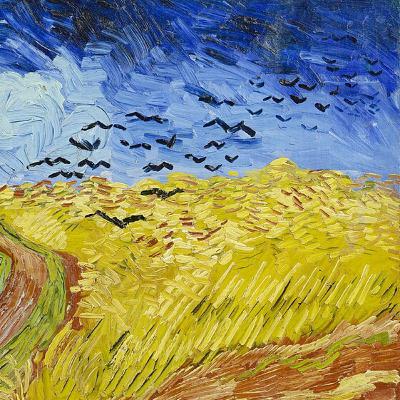The Black Swan (HINDI/हिंदी में)
Description
"The Black Swan" is a book by Nassim Nicholas Taleb. It is not about actual black swans, the birds, but uses the idea of a black swan as a symbol for rare and unexpected events. The book tries to explain how big surprises can change the world, even though people think things will always stay the same. It teaches us to be ready for surprises in life.Taleb writes about his own life and tells stories from history, science, and business. The book is not just for experts; it tries to help anyone understand why the world is not as predictable as we think.Main Ideas in "The Black Swan"1. What is a Black Swan Event?A Black Swan event is something that: Is very rare and surprising. Has a huge impact when it happens. After it happens, people always try to explain it and act like they saw it coming (but they really didn’t).Some examples: the invention of the Internet, the 9/11 attacks, or a big stock market crash. Before these things happened, almost nobody thought they could. But after, everyone tries to explain why it happened.2. Why Do We Miss Black Swans?Taleb says people are bad at noticing and predicting Black Swan events. We like to think life is simple and that we can predict what will happen. But real life is messy, with many surprises. People pay too much attention to things that happen often, and forget to watch out for big surprises.3. The Problem with PredictionsMost people try to predict the future using past data. For example, experts might look at last year’s weather to guess this year’s. But Black Swan events are different—they are things that have never happened before, so looking at the past does not help.Taleb warns us not to trust experts who say they can predict everything. They usually miss the most important events—the surprises.4. The Turkey ProblemTaleb gives an example called the “Turkey Problem.” Imagine a turkey who is fed every day by a farmer. Each day, the turkey gets more sure that it will always be safe. Then, right before Thanksgiving, the turkey is surprised by something terrible—the farmer kills it. The turkey used the past to predict the future and was totally wrong.5. Luck vs. SkillPeople often think they succeed because they are smart or skilled. But Taleb says luck and random events are a much bigger part of life than most people want to admit. Sometimes people get lucky, and sometimes they get unlucky, and it’s not always because of skill.6. The Narrative FallacyHumans like to make up stories to explain things, even when the truth is random. After a Black Swan event, people try to explain it with a story that makes sense, even if they didn’t see it coming. This is called the “narrative fallacy.”7. The Limits of KnowledgeThere is so much we do not know. Taleb calls the things we know “known knowns,” the things we know we don’t know “known unknowns,” and the things we don’t even realize we don’t know “unknown unknowns.” Black Swans often come from these “unknown unknowns.”8. How to Live with Black SwansTaleb does not say we can avoid Black Swans, but he says we can be ready for them. He suggests: Be humble: Admit you don’t know everything. Be prepared: Don’t put all your eggs in one basket. Try to be ready for surprises. Look for opportunities: Sometimes, Black Swans can be good, like inventing something new or becoming very successful by accident.9. Black Swans in Business and LifeBlack Swan events happen in business, science, nature, and everyday life. Companies, countries, and people should remember that big surprises can happen, good or bad. The most successful people and businesses are often the ones who are prepared for surprises.Final Thoughts00:00:00 Prologue00:06:00 Part one: Umberto Eco’s antilibrary, or how we seek validation00:41:36 Part two: We just can’t predict01:05:13 Part three: Those gray swans of Extremistan01:26:01 Part four: The end





